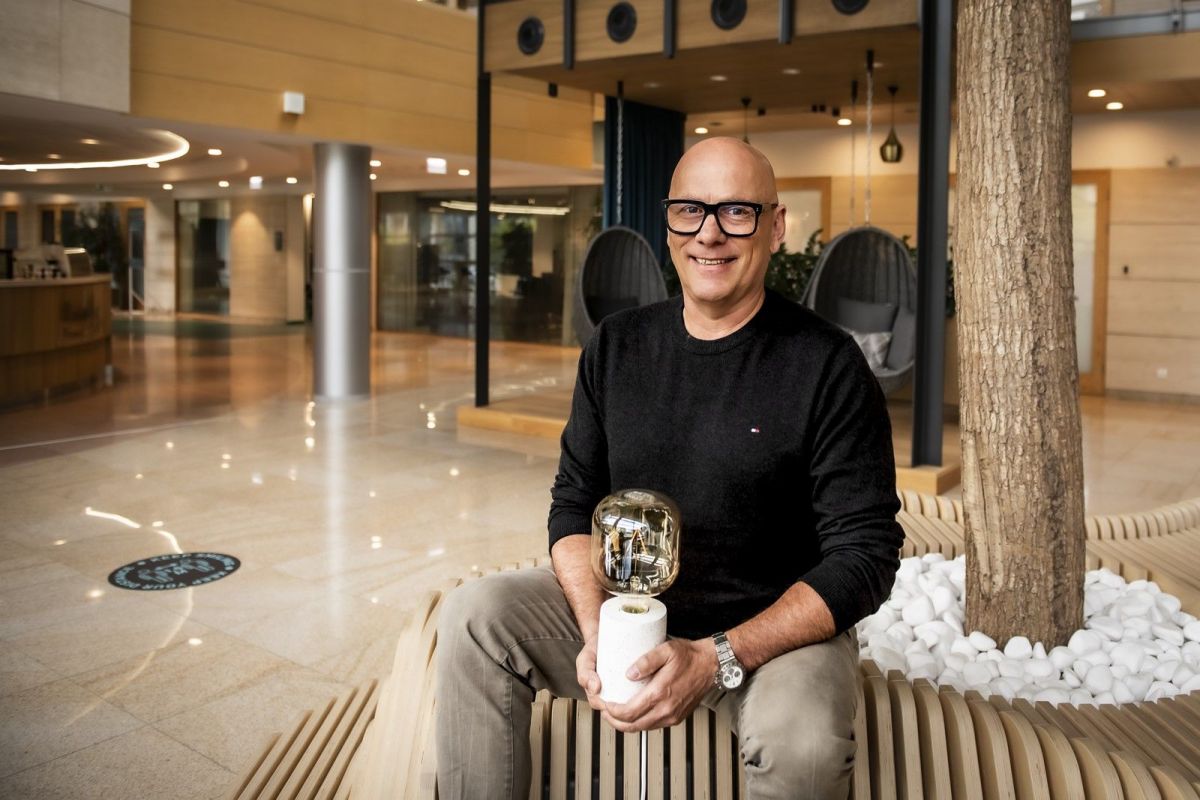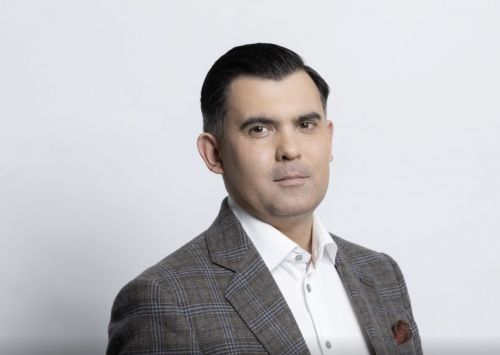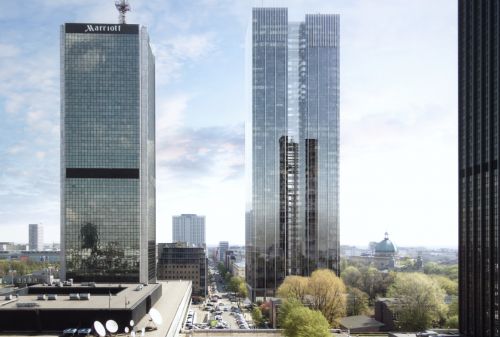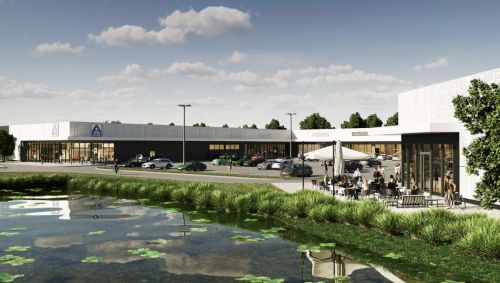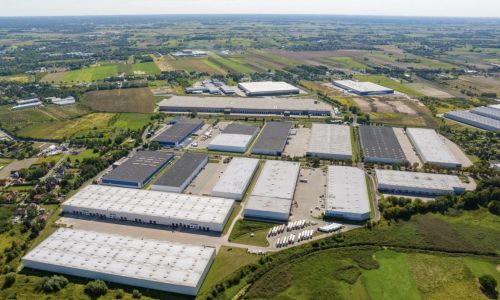Alex Hayes, ‘Eurobuild CEE’: We are facing a probable recession, but will this be detrimental to the flexible office sector because of the subdued demand, or will it be beneficial due to an increase in the need for flexibility?
Hubert Abt, CEO of New Work and Workcloud24: Unfortunately, a recession is inevitable, but it will hopefully help us to get rid of inflation over the next two or three years. In a recession, the flex office sector ends up on the winning side, as due to the increased uncertainty and the need to adjust business plans to the changing economic environment more often, the demand for flexible solutions also increases. The trend for hybrid work after the lockdowns and the upcoming recession has accelerated the demand for shared office space. According to JLL, its market share will increase significantly from 3 pct today up to 25 pct or even 30 pct in the next few years. You can compare this with the dynamic growth of e-commerce over the last few years, whi
